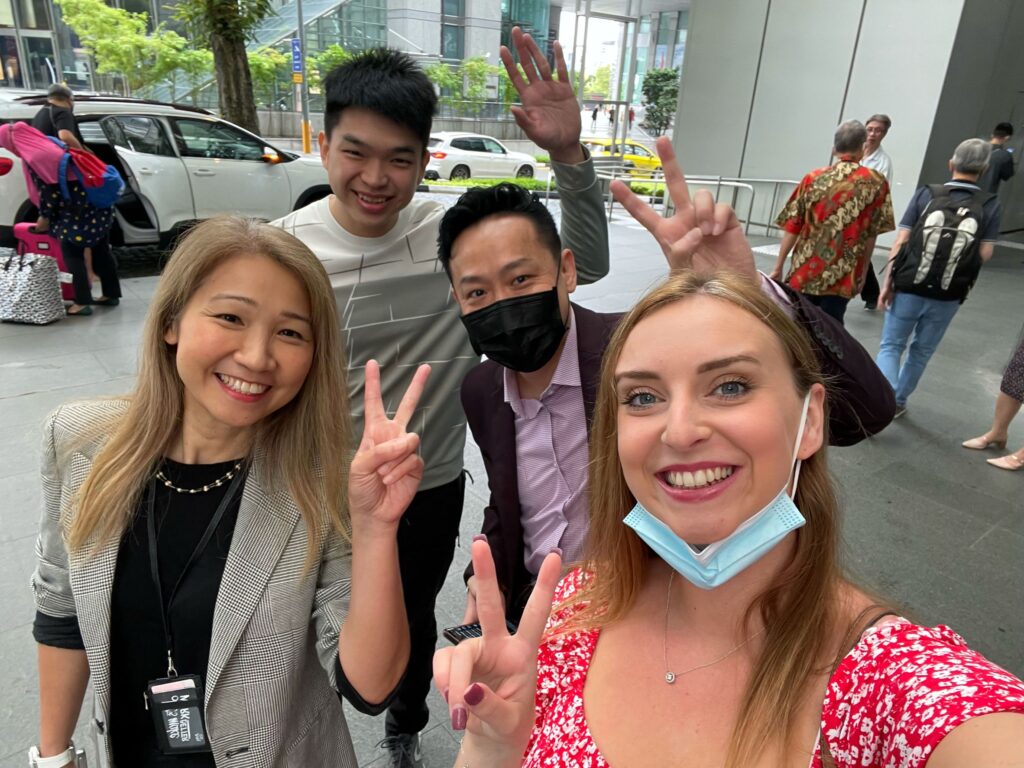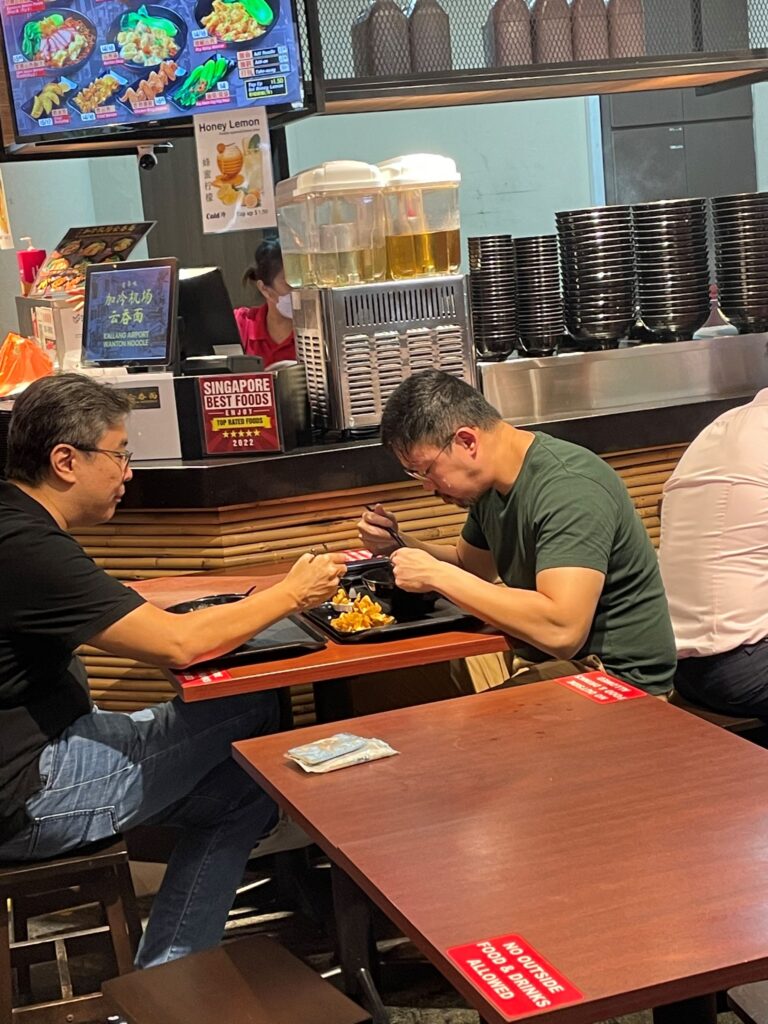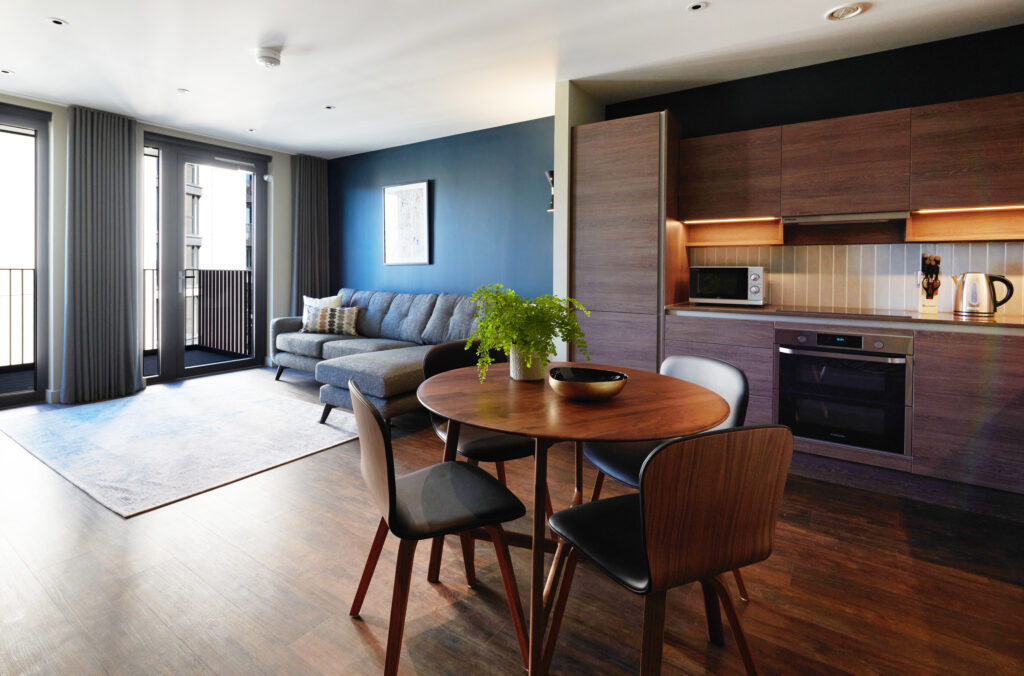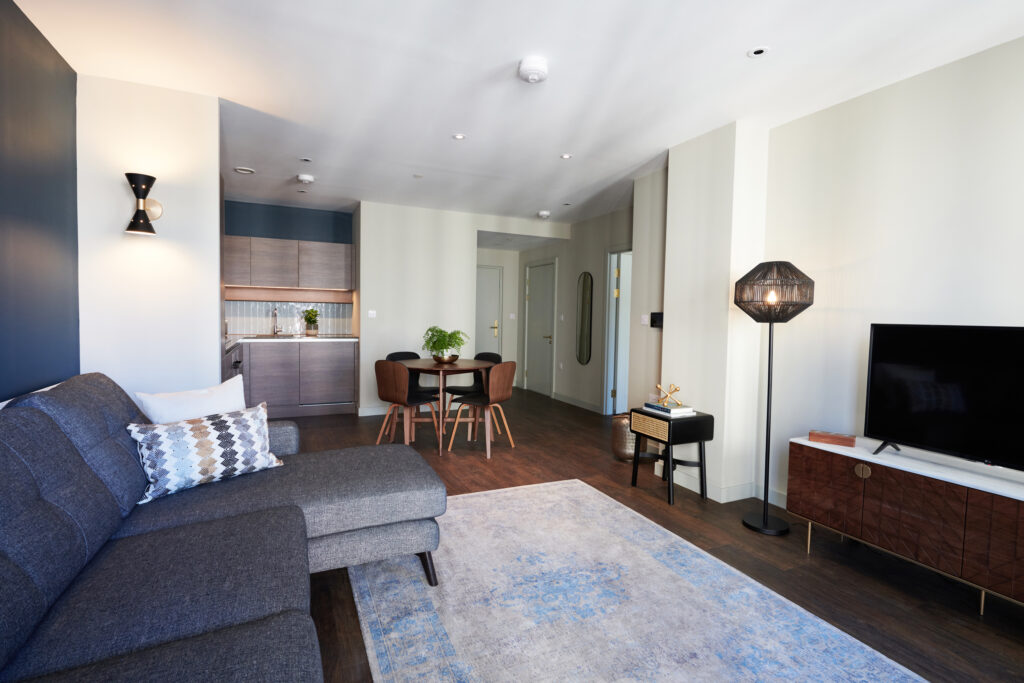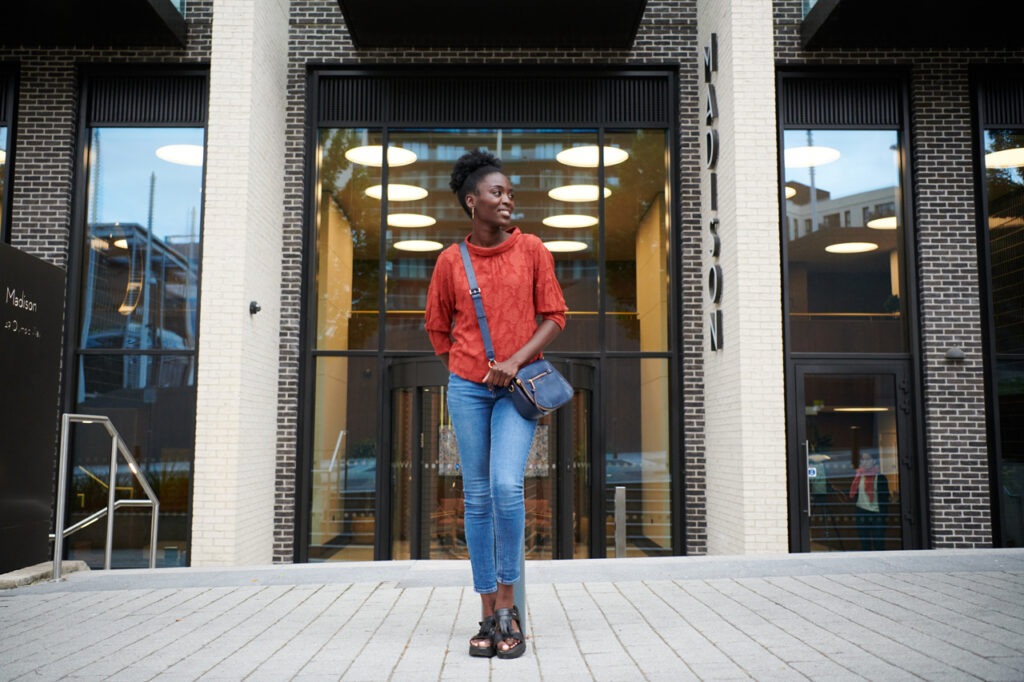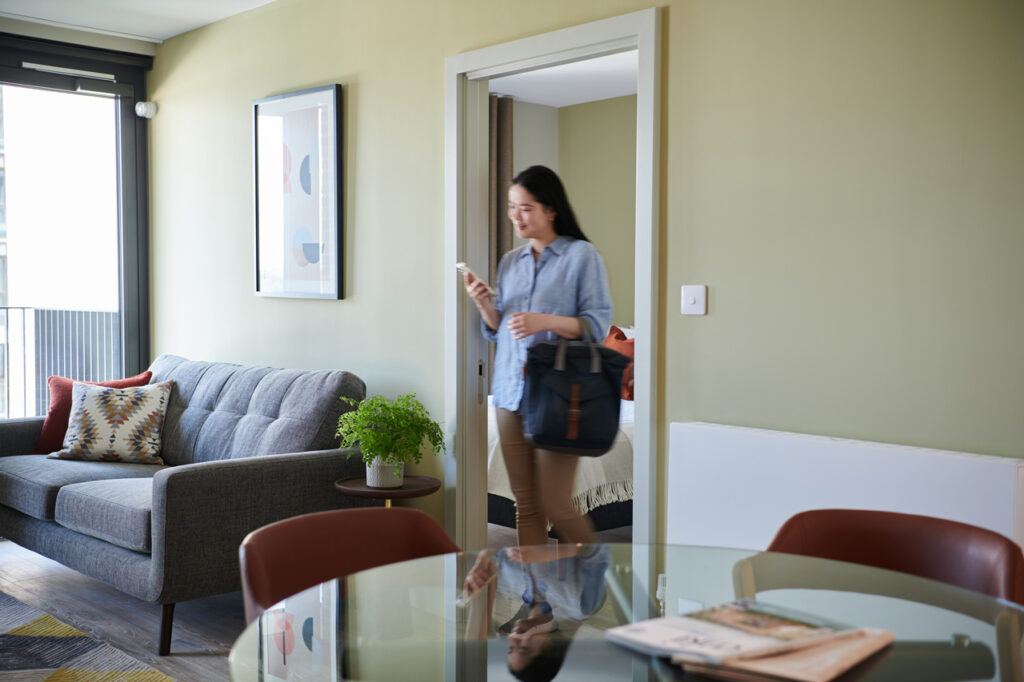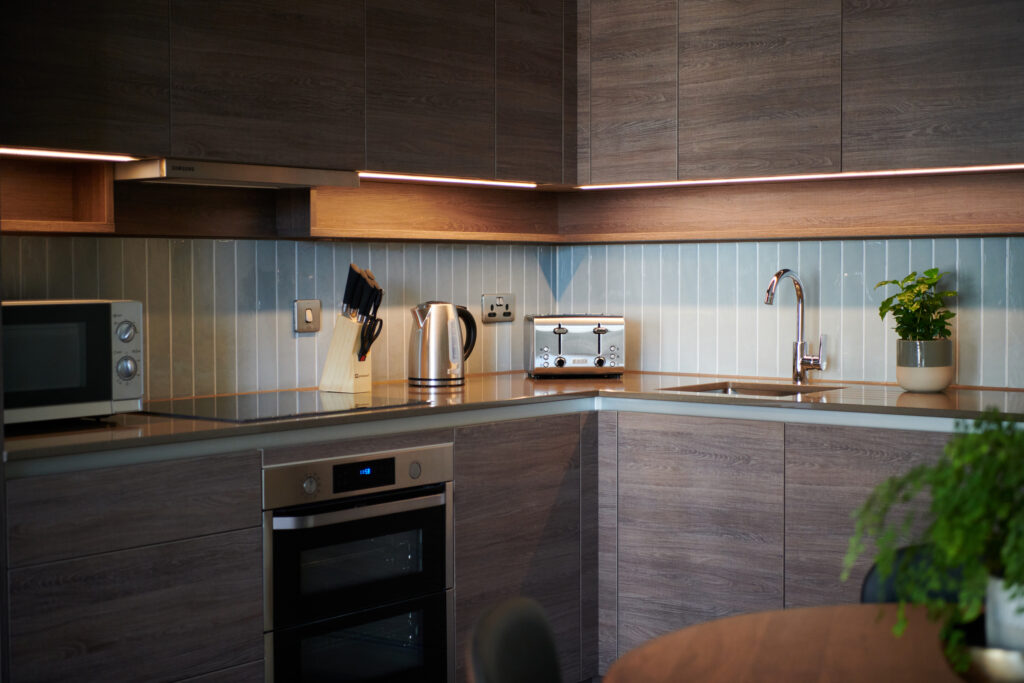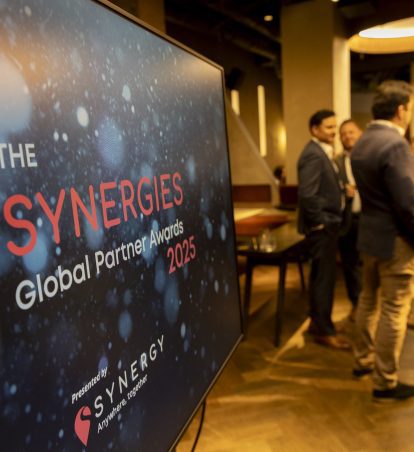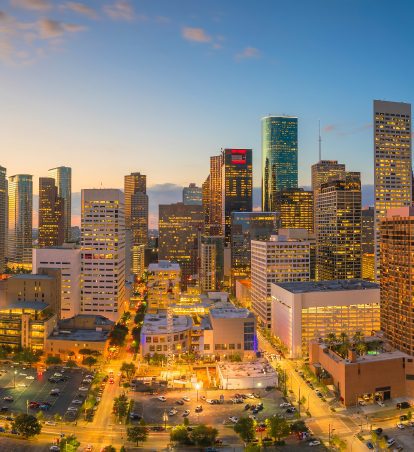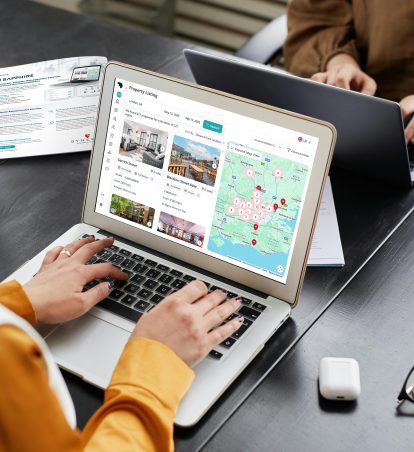A Guide to Travelling and Working in Singapore
What You Need to Know When Moving to Singapore for a Short-term Assignment
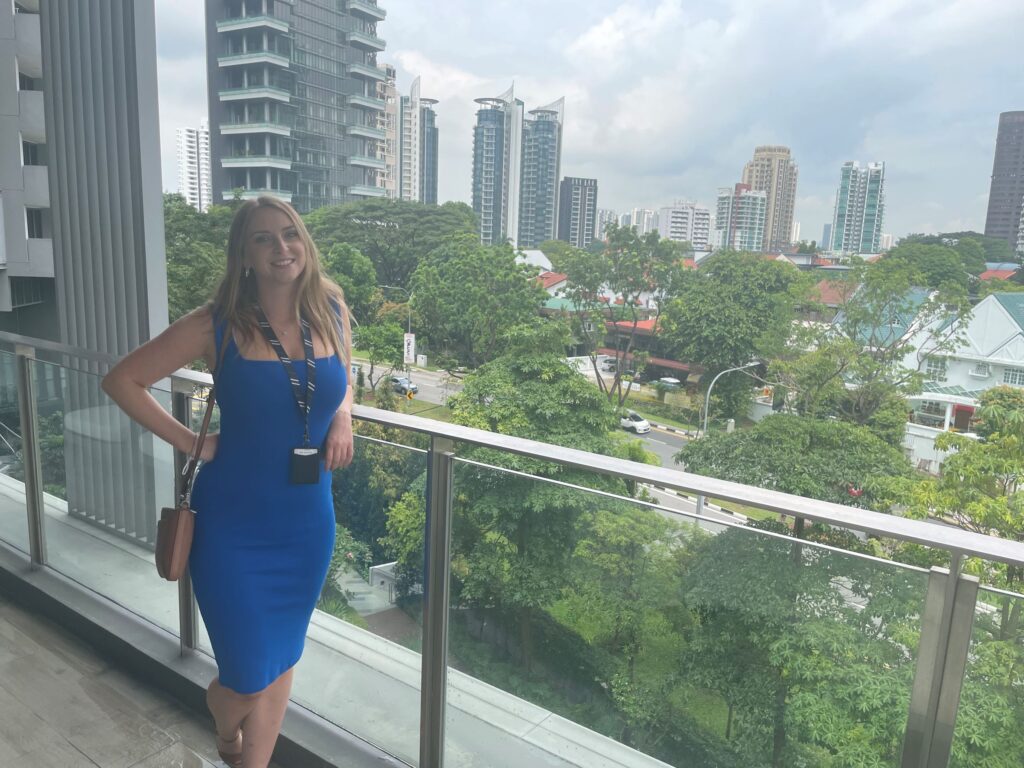
It’s official—my short-term assignment in Singapore is coming to an end, and oh my goodness, I’m so NOT ready for it to be over.
The last four weeks have been an incredibly rich and eye-opening experience for me from both a professional and personal standpoint. Not only have I had the opportunity to experience what life as an expat in Singapore is really like, but it’s also opened my eyes to the true value of business travel and its impact on productivity from collaboration, associate development and associate satisfaction perspective—I've truly had the time of my life here and have learned so much, and I know you will too.
So, as I soak up my last few days in this incredible city, I have some final observations about what it’s like to temporarily live in Singapore, and all the tips I think you’ll find useful should you get to travel to Singapore yourself.
So many ways to pay
Throughout my four weeks living in Singapore, I’ve been using cash and my Monzo card (an international and exchange rate friendly MasterCard) to pay for pretty much everything and it’s worked seamlessly.

I’ve noticed, however, that there is a plethora of payment methods available with the most common ones being GrabPay, PayLah!, Apple Pay and WeChat Pay. If you’re staying for a short period like I am, using cash and card will see you through your international business trip perfectly. If, however, you’re living in Singapore for more than a month, I would recommend you look at different payment options that might benefit you. You might want to set up a local bank account for example. Consider using DBS Bank’s PayLah!.
When it comes to hosting business meetings, for example in a restaurant, you should be able to pay by card the majority of the time, but I'd still advise you to always carry cash with you as there have been a couple of occasions where I was told I couldn’t use my card.

Getting Around the City
Singapore is one of the smallest cities in the world, yet it has one of the best public transport systems I’ve ever seen. One of my main concerns prior to my trip was how easy (or difficult) I was going to find it to get to Synergy’s Singapore HQ from my serviced apartment. Surprisingly, I can tell you that as early as day one I felt super confident navigating the system because of how easy and well looked after it is. Remember, Citymapper is your best friend!
The MRT
Singapore’s underground network consists of six different metro lines and it is exactly what you’d expect from a world-class underground network. It’s cheap, it’s efficient, it’s airconditioned, it has WiFi and it’s always squeaky clean. And I mean really squeaky clean.

Trains run frequently across the city from around 5:30am to midnight daily and at a very reasonable price, with a typical journey costing on average SGD $1.75/GBP £1/USD $1.75.
I paid for all my trips using my bank card as mentioned in series one, but you can also pay for your trip by purchasing a reloadable EZ Link card which is available to buy from most MRT stations or 7-Elevens.
The Bus
Another inexpensive option, taking the bus, is a great choice if you’re looking to take the more scenic route from point A to point B. Fares range, depending on the length of journey, but you’ll never pay more than around SGD $2 which you can pay for using your bank card or EZ Link card.
The only downside to taking the bus is of course the traffic during rush hour, so I’d always recommend walking or taking the MRT where possible between 7:30-9am and 4:30-7pm.

Taxis
There is an abundance of taxi options to choose from in Singapore which you can hail from the side of the road or order using a ride hailing app such as Grab or Gojek.
Personally, I’ve found it easiest to download the Grab app onto my phone because it enables me to order a taxi, agree on a price beforehand and pay for it all in one place, just like I would with Uber at home in London.
I’d recommend you always take the MRT or walk where possible to cut down on the carbon footprint of your trip, but sometimes it’s so humid here that it can be very beneficial to take a taxi to an important business meeting if you want to avoid turning up all sweaty and frizzy—and that’s if you’ve been lucky enough to not get caught in a Singapore-style downpour.
One of the safest cities I’ve ever visited
As a solo female expat in Singapore, I naturally had some reservations about the safety of the city in which I was about to spend the next month. I’ll cut straight to the chase here—I had absolutely nothing to worry about. Singapore is by far the safest city I have ever visited.

Throughout my time living here, I’ve happily walked home alone and caught public transport late at night without any issues—not once have I felt unsafe. In fact, being here has made me realise how much I am on high alert of my surroundings back home in London, a place I considered to be very safe. I think the reason it’s so safe here is that the crime rates are super low and the general attitudes toward anti-social behaviour are taken really seriously.
With all that said, it’s important to note that no city is without crime, and you should always keep your wits about you whenever you’re out in public.
Serviced Apartments in Singapore
So, you’re equipped with all the tips and tricks you’ll need to navigate your time in Singapore like a pro, but one thing you’ll need to consider before you leave is where you’ll stay during your assignment.
As a traveller in Singapore, you’ll have an abundance of long- and short-term accommodation options available to you, from serviced apartments to hotels and residential corporate housing options. If you’re relocating to Singapore or even staying in the city longer than a week, I’d 100% recommend you stay in a serviced apartment, purely because it’s such a convenient and more comfortable option in comparison to a hotel.

I wanted to stay in a serviced apartment in Singapore because I knew they typically come with all the added comforts of home like additional space, a fully equipped kitchen and laundry facilities. And, I’d also get all the benefits of a hotel such as a 24-hour reception, concierge, security, a gym and so on. Some serviced apartments in Singapore will also come with extra space to work from home, whether that’s in the apartment or as part of a co-living approach like where I'm staying at Lyf Funan. I’ve found that having access to such amenities really helped me find my feet faster than anticipated—probably because there was no real adjustment period for me. I was able to just pick back up where I left off at home in London.
The End of The Trip of a Lifetime
Here we are at the end of the most extraordinary trip of a lifetime. I sincerely hope you’ve found this three-part series useful and that it has helped motivate you for what I know will be an incredible trip. I thoroughly have enjoyed writing this series mainly because I've been able to re-live my experience over and over again.
It’s bye for now Singapore, but you’ll definitely hold a very special place in my heart, alongside all the amazing colleagues and friends I now have in the Lion City. Until next time!





